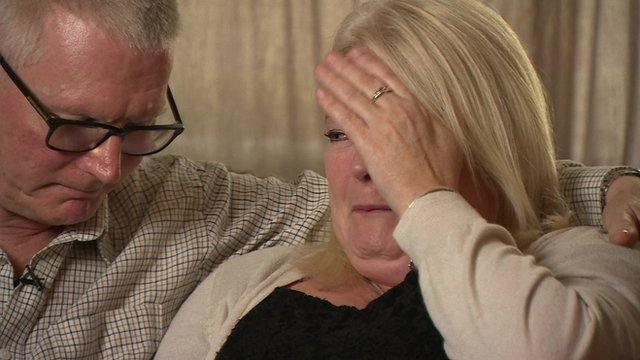NHS death investigations to be reviewed
- Published
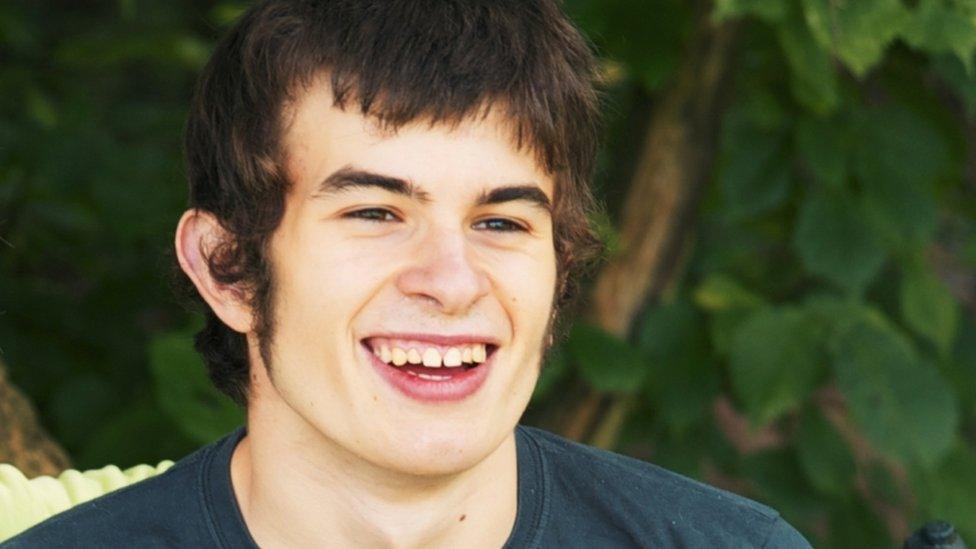
Connor Sparrowhawk, who died at Slade House, had epilepsy and experienced seizures
A review of the way deaths are investigated throughout the NHS has been announced by Health Secretary Jeremy Hunt.
It coincides with the publication of a report, external on Southern Health NHS Foundation Trust, one of the country's largest mental health trusts.
It identified a "lack of leadership, focus and sufficient time spent" investigating deaths.
Mr Hunt said he was determined that the NHS learned lessons from the report.
Southern Health covers Hampshire, Dorset, Wiltshire, Oxfordshire and Buckinghamshire, and provides services to about 45,000 people.
The report was ordered in 2013, after 18-year-old Connor Sparrowhawk drowned in a bath following an epileptic seizure while a patient at Southern Health hospital in Oxford.
His death was found to have been preventable, with neglect by the trust contributing to his death.
Southern Health took over the running of the supported living home in Chalgrove where Rosi Reed's son Nico lived from the now defunct Ridgeway Partnership after he died
The report, which was leaked to the BBC last week, showed there had been more than 10,000 deaths at the trust between 2011 and 2015.
Not all deaths require an investigation, but of the 722 unexpected deaths, only 272 had been investigated.
And investigations that did take place took too long, were of "poor" quality and when concerns were raised by coroners and others "no effective action was taken".
And while 30% of all deaths were investigated in adult mental health services, fewer than 1% of deaths of people with learning disabilities were investigated and 0.3% of deaths in older people with mental health problems.
The report said there had been a "failure of leadership".
Katrina Percy, Southern Health: "We are very upset and sorry to say we might have added to that grief by not investigating appropriately"
In a statement to Parliament, Mr Hunt wrote: "I am determined that we learn the lessons of this report, and use it to help build a culture in which failings in care form the basis for learning for organisations and for the system as a whole."
He said the Care Quality Commission would now undertake a "focused inspection" on Southern Health in the new year.
The CQC would "also be undertaking a wider review into the investigation of deaths in a sample of all types of NHS trust in different parts of the country", he added.
"As part of this review, we will assess whether opportunities for prevention of death have been missed, for example by late diagnosis of physical health problems."
'Unreserved apology'
Katrina Percy, the chief executive at Southern Health, said the report looked into patients who had had any contact with Southern Health and that "in most cases referred to in the report, the trust was not the main care provider".
Ms Percy said: "We fully accept that our processes for reporting and investigating deaths of people with learning disabilities and mental health needs were not always as good as they should have been.
"We also fully acknowledge that this will have caused additional pain and distress to families and carers already coping with the loss of a loved one.
"We apologise unreservedly for this and recognise that we need to make further improvements."
She added that the lessons of the report applied to the "wider health and social care system, and society as a whole".
- Published17 December 2015
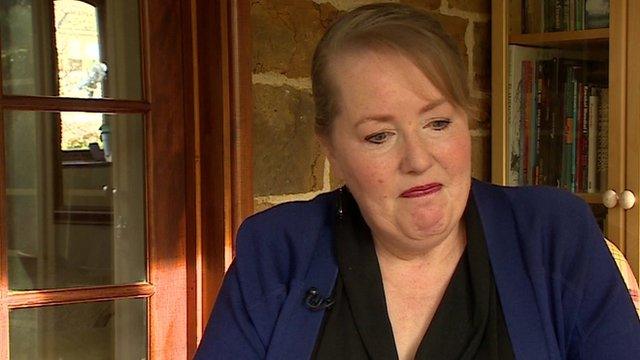
- Published17 December 2015
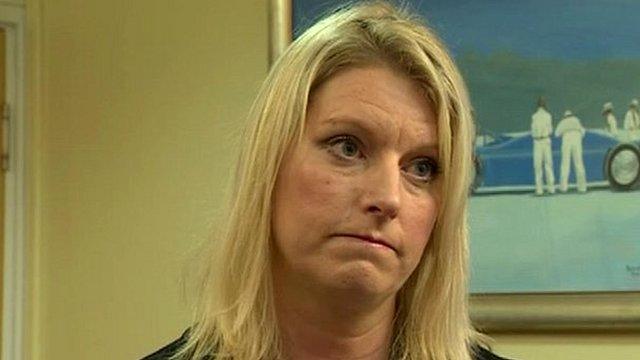
- Published10 December 2015
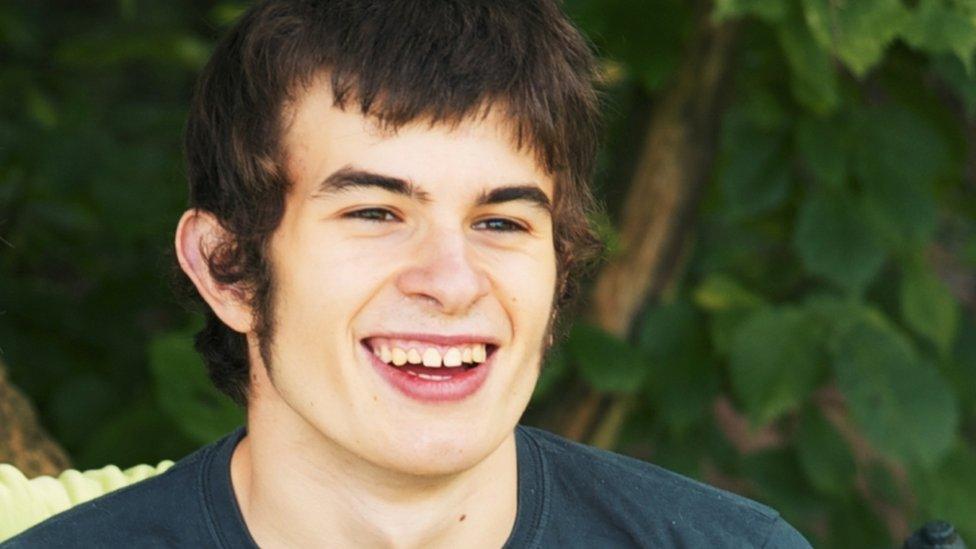
- Published11 December 2015

- Published10 December 2015
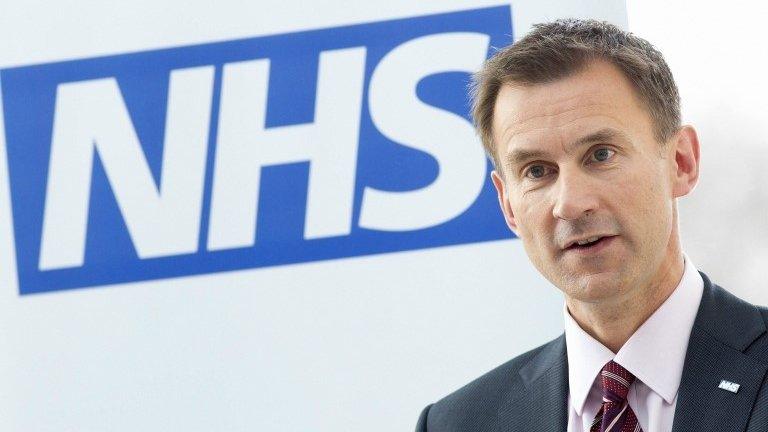
- Published9 December 2015
